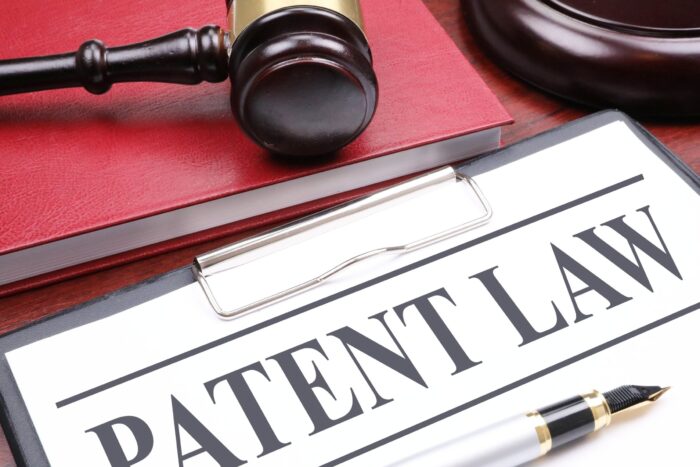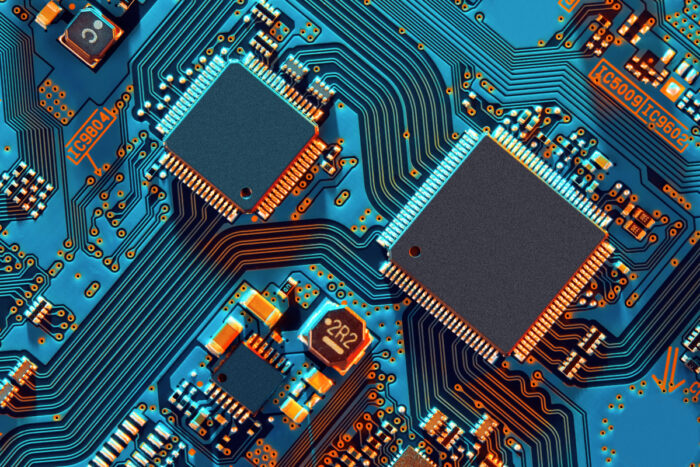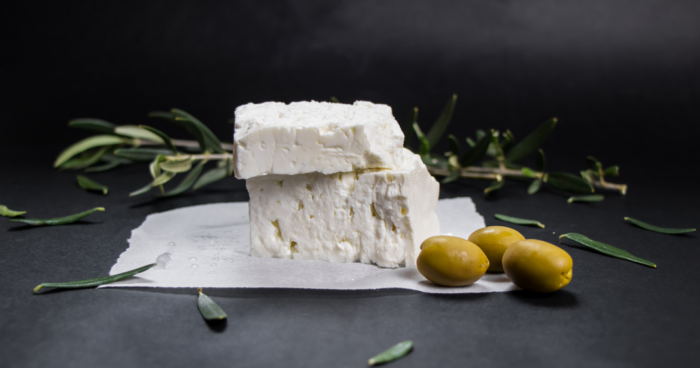With not one but two IP events returning in 2023, we wanted to dedicate a blog to the ever-evolving world of Intellectual Property. The third edition of our Dublin IP and R&D conference is taking place on the 28th and 29th of June – and as technology advances and creative industries continue to thrive, the importance of protecting one’s original ideas and innovations has never been greater. From patent waivers on COVID vaccines to mislabelling cheese, this blog aims to keep you informed and engaged with the latest developments in IP law and news. Join us as we explore the complexities of IP and the impact it has on innovation and creativity around the world!
1. Could Our Next Great Inventor Be AI?

The UK Supreme Court is set to consider if Artificial Intelligence (AI) can be indicated as an inventor on patent applications next month. The case involves physicist Stephen Thaler, who invented the Creativity Machine, an artificial intelligence system that not only imitates original and creative thinking, but can produce art from it, such as music and digital paintings. Thaler and other champions of AI are fighting for not only IP protection rights for the systems, but authorship.
The U.S. Supreme Court ruled in 2018 that copyrights cannot be granted to work authored by something not-human when Thaler raised his case. Thaler again filed an application to register a copyright claim for an art piece created by the Creativity Machine titled “A Recent Entrance to Paradise” (see above), and was denied last week by the U.S. Copyright Office, who cited the lack of ‘human authorship necessary to support a copyright claim’ for their refusal.
These proposals come at a time where AI seems to be hitting the mainstream, with major revolutionary products like ChatGPT becoming not only accessible, but implementable in everyday work. Establishing rights and how AI’s products can be patented is a massive task, but necessary for the courts of the world.
2. COVID Vaccines Could Be Subjected to Patent Waivers in the EU

By the end of next week, a deal could be reached in the European Union to allow developing countries to produce COVID-19 vaccines without an agreement from the patent-holder, a life-saving decision.
The EU originally stood firmly against the waiving of intellectual property rights, but this new development means production will increase and immediately help any country looking to authorise a company to make vaccines. By cutting out the country-by-country compulsory licence process, the EU aims to save lives for people waiting for their vaccine.
This, of course, does not eliminate the disproportionate struggle for vaccines in developing countries – access to raw materials and disinformation have already cost time and lives – but it is a step forward. Concerns have also been raised by vaccine manufacturers that the technology could then fall into the hands of a country like China, where it may be used for their own advantage, like making generic products when they already produce vaccines.
A European Union official stated, ‘We should not forget it was intellectual property that new vaccines have been developed…There are many issues and obstacles regarding the production of vaccines and the IP waiver may not be the most important one but it is part of the contribution we can provide for, but in a very targeted manner to avoid undermining the value of the IP system.’
3. Unite! The Unitary Patent is Finally Ready to Go!

December, 2012 – the MEPs voted the unitary patent through. Over a decade later, it has finally surpassed its last legal hurdle and could be up and running very soon. This new patent would allow the proprietor to receive uniform patent protection in up to 25 EU Member States.
Last week the German government gave its official consent, allowing the unitary patent package to leave the ratification process and become a thing of reality. In June, the European Unitary Patent Court will launch, opening up a new era of patent protection in Europe. “It will be a boon for the European economy as it establishes a uniform technology market facilitating transactions across a big economic region,” said António Campinos, president of the European Patent Office (EPO).
The induction of the unitary patent marks an important move for the European economy and a historic point for the patent system; not only will it increase legal certainty among applicants, but reduce their costs and time spent on administrative burdens.
4. How Much is Semiconductor IP Worth?

A semiconductor intellectual property core (or IP block) is a reusable unit of cell, logic, and chip design; each piece is verified by its creator and is meant to be integrated into a larger design. But how much is the niche market worth?
The market’s worth was $4.87 billion in 2022 and is expected to reach over $9.41 billion by 2030. The projected CAGR is an impressive 8.30%. Demand has grown with the increase in smart devices and energy-efficient regulations, and is expected to continue to rise as technology evolves and requires more modes and nodules to fuel the future.
The complexity of semiconductor designs continues to increase with the integration of new features like AI, machine learning, and high-speed interfaces, making the field even more competitive and in-demand. Applications of the tech span from aerospace to healthcare – this is a necessary field, and shows no signs of slowing down in its evolution.
5. You Feta (Not) Believe It: Denmark Violates EU Law in Mislabelling White Cheese

In 2002, feta was registered as a protected designation of origin – since then, the term ‘feta’ can only be used to refer to cheeses with the correct specifications originating from the specified area in Greece.
Denmark failed to stop dairy companies from exporting “feta” to non-EU countries, breaching European Law. The Advocate General, Tamara Ćapeta, cited intellectual property rights as the reason for blocking Denmark’s defence after the country claimed the change in dairy exports would harm its trade.
Intellectual property is a constantly-changing field, making it essential for both businesses, individuals, and legal practitioners to stay up-to-date to avoid patent clashes and copyright conundrums. Whether it’s a block of cheese or a complex artificial intelligence system, IP is involved; stay up to date through our blogs!
Involved in IP? Want to get to know the professionals behind this important layer of protection? With panels, standalone sessions, and an open exhibiting space, our two-day Dublin IP and R&D Summit is the perfect place for you! This is our third edition of the event
Whether you’d like to speak on-stage, attend and network, or take one of our exclusive sponsorship slots, we have exactly what you and your business need to get involved in the world of IP!

